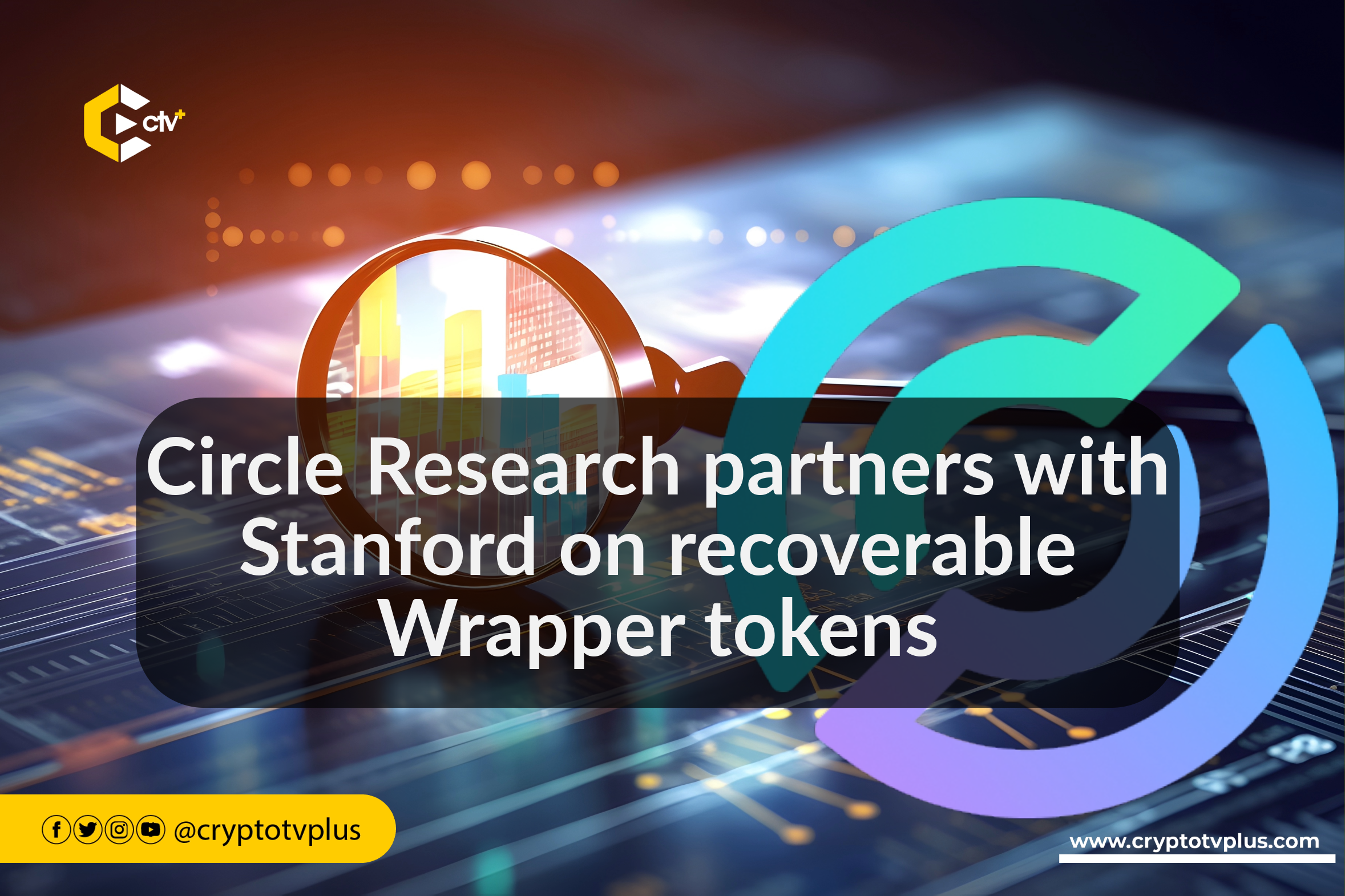News
Circle Research partners with Stanford on recoverable Wrapper tokens

In collaboration with Stanford researchers, Circle Research introduced an innovative approach to safeguarding ERC-20 tokens through open-source and recoverable wrapper tokens at the DeFi Security track during the ACM CCS event hosted in Copenhagen.
This development aims to protect against theft and unauthorized transactions within the Ethereum ecosystem.
Criminal activities within the Ethereum ecosystem have been a persistent issue, with several high-profile incidents occurring in recent years.
These incidents have resulted in significant losses for individuals and organizations, highlighting the need for increased security measures and awareness.
One common method of theft is through phishing scams, where attackers send unsolicited emails or messages asking for personal login details, which can be used to steal cryptocurrency.
Another method is through exploiting vulnerabilities in the Ethereum blockchain, such as the recent exploitation of the Create2 feature, which resulted in the theft of over $60 million worth of Ethereum.
Circle is a global financial technology firm that enables businesses of all sizes to harness the power of digital currencies and public blockchains for payments and commerce worldwide. It was founded in October 2013 and is headquartered in Boston, Massachusetts.
Circle is known for managing the USD Coin (USDC), which is the second largest stablecoin worldwide and is designed to hold at or near a stable price of $1, with the majority of its stablecoin collateral held in short-term U.S. government securities.
The company has received over US$135 million in venture capital from four rounds of investments from 2013 to 2016, including US$50 million led by Goldman Sachs.
Circle has licenses in 49 U.S. states as well as Puerto Rico and the District of Columbia and does most of its banking with regulated U.S. institutions.
According to Circle, developers and users now have the option to implement recoverable wrapper tokens, providing an additional layer of security.
Inspired by recent Stanford research, Circle Research focuses on creating a configurable and programmable recovery mechanism for ERC-20 tokens.
Recipients of recoverable wrapper tokens face a settlement period before unwrapping, ensuring added security. To offer flexibility, Circle Research introduces the concept of the “R-Pool,” allowing users to exchange unsettled recoverable wrapped tokens for base tokens.
The R-Pool functions as a decentralized insurance protocol, providing an intriguing solution to token recovery challenges.
Unwrapping tokens in the Web3 ecosystem refers to the process of converting wrapped tokens back into their original underlying cryptocurrencies.
Wrapped tokens are tokenized versions of cryptocurrencies or other assets that are pegged to the value of the original asset on a 1:1 ratio.
They are designed to be used on different blockchains or platforms where they are not native, enabling greater interoperability and liquidity.
For example, Wrapped Bitcoin (WBTC) is a tokenized version of Bitcoin that can be used on the Ethereum blockchain.
Users can redeem WBTC for the original Bitcoin by unwrapping the token, which involves the burning of the wrapped token and the transfer of the original Bitcoin to the user’s wallet.
The unwrapping process is facilitated by custodian entities that manage the wrapping and unwrapping of the asset.
The introduction of the new Circle system simplifies the process of unwrapping tokens within the USDC ecosystem, ensuring user convenience while addressing security concerns and minimizing the risk of loss of token
Read also; Google exec hopeful AI can address climate change; concerned about its environmental impact















1 Comment